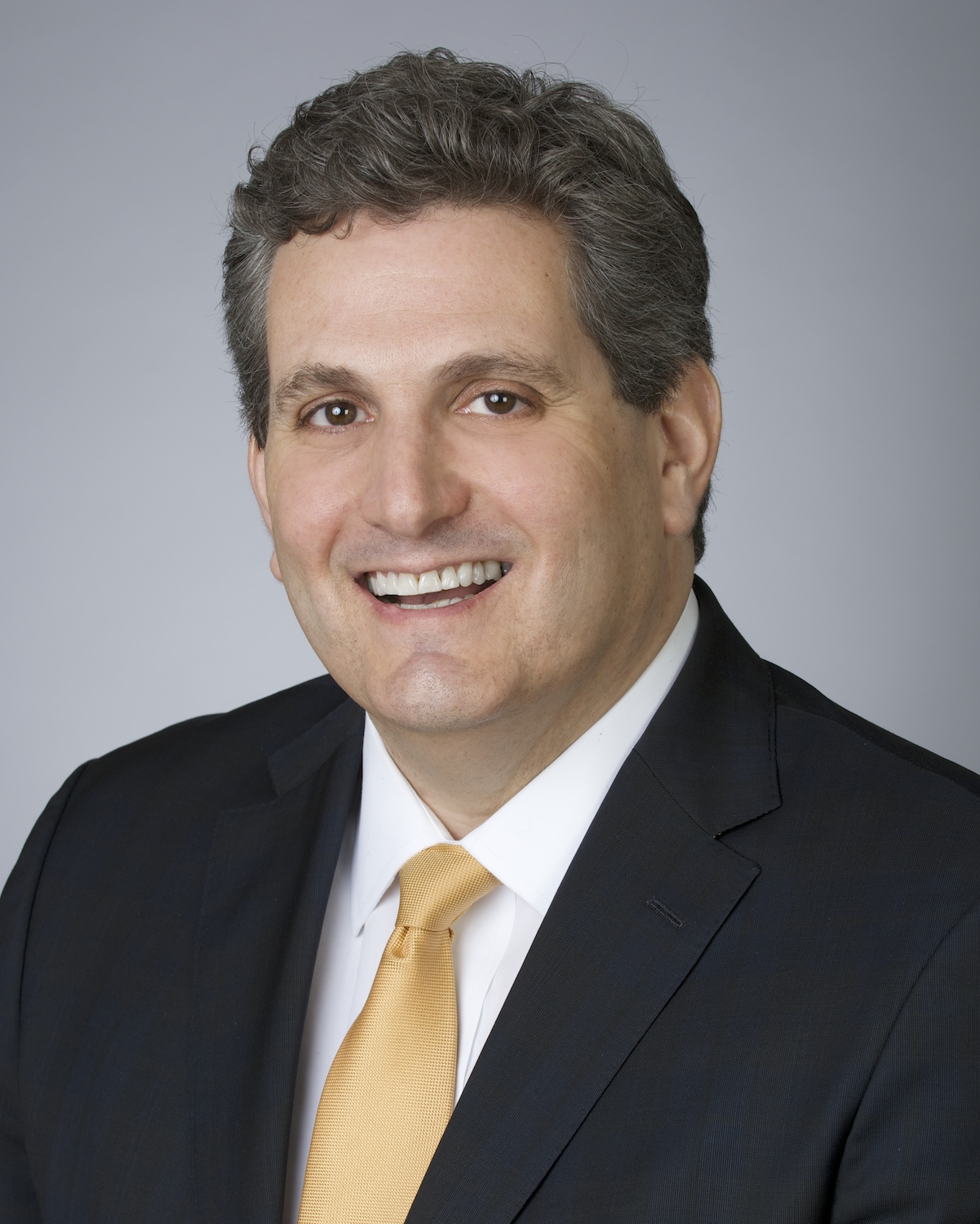
Clients often choose executors based on the criteria of experience, financial acumen and perceived integrity. Additionally, executors may be chosen to maintain family harmony. The testator may think if they do not appoint their child/children or spouse as the executor, those family members will be offended and feel ignored or rejected. Half-heartedly, they select a family member (or members) whom they deem as the best choice.
Recently, an advisor colleague exposed me to an estate administration that went wrong and cost the advisor the estate account. Upon reflection, the advisor recalls the testator confiding that the choice of a family member as the executor was not optimal.
Client scenario
The advisor’s client had a will and had named her daughter as the sole executor. The daughter and her brother, who is intellectually disabled, were the beneficiaries of the estate.
Prior to her death, the client told the advisor that her daughter had the requisite skills and compassion to effectively administer the estate (in accordance with the terms of the will). But she was concerned that the daughter’s spouse would get involved. The client described the son-in-law as a know-it-all who influences her daughter.
Upon the client’s death, the advisor met with the daughter, and the meeting was hijacked by her husband. When the advisor pushed back on some of the husband’s financial assumptions about the care of the executor’s brother, the meeting tone changed. The husband challenged the advisor on the attributes of the portfolio mix and income required to support the brother’s cash flow. It was obvious to the advisor that, given the discretion that the executor had in administering the estate, the brother’s lifestyle would be negatively impacted. It would not be a dire impact, but in the advisor’s opinion it would not represent the spirit of the testator’s wishes.
The advisor shared these concerns with the daughter and her husband, and, after the meeting, lost the account.
Given the deceased client’s concerns about the son-in-law, the client could have taken a different tact in selecting the executor. She could have chosen another individual to act solely as executor or specify a co-executor to administer the estate in concert with her daughter. Also, she could have chosen a professional executor. My understanding is that these options were shared with her but were not deemed appropriate given that they would lead to family strife.
The one option that was not considered or suggested was appointing an estate monitor.
Estate monitor role
The estate monitor’s powers, duties and responsibilities are specified in the will. Typically, the monitor’s role is to ensure that the estate administration and associated distributions are consistent with the will. The monitor acts as a safeguard and ensures that the estate executors are fulfilling their legal and fiduciary obligations.
Traditionally, the monitor is accountable to the estate beneficiaries but does not have the power to make decisions or sign or act on behalf of the estate. The monitor’s role and powers can be as wide or narrow as deemed appropriate. Consequently, it is critical that the will draftsperson effectively and clearly specify the powers of the monitor and consider contingent scenarios.
Based on my experience, a monitor is particularly beneficial when many parties are named in the will, and a pre-existing conflict or tension exists among the parties. Additionally, in second marriages or blended families, the monitor can assist with communication and reinforce the testator’s wishes and help justify or critique the merit of the executor’s actions. The monitor is an aid in coordinating meetings and problem solving, and ideally is an effective communication conduit.
Who can be a monitor?
There are no specific criteria for a monitor; anyone who could be an executor could be a monitor. What is key is that the selected person has no conflict of interest. The monitor must be able to act objectively, honestly and in good faith, and exercise their powers in the best interest of the estate and its beneficiaries.
What happens if the monitor observes that the executor is not fulfilling their duties?
The will needs to specify the monitor’s actions and powers to resolve the situation. Legal recourse and/or replacement of the executor and appointment of the alternate are possibilities. However, prior to considering legal action, the monitor must gather the appropriate information, seek clarification and discuss solutions with the executor and the applicable parties. They need to reinforce their view on how the executor’s actions are inconsistent with the will. Then, if the monitor still deems the executor’s actions are offside and not abiding by the terms of the will (and the will gives the monitor the power), they can contemplate legal action.
Is the monitor entitled to compensation?
The will should specify the compensation and liability (if any) associated with the monitor role. There is no fee arrangement for the role prescribed by regulation. My experience is that compensation is traditionally a “reasonable” hourly rate. Acting as a monitor can be a rewarding role that one garners great pride in, but it can also be a time-consuming, combative and thankless task that should be compensated accordingly.
How would a monitor have helped in the client scenario?
If the will was drafted appropriately, the monitor would have the power to negate the impact that the executor’s spouse had on the estate administration. Further, the monitor could establish a meeting solely with the executor (without any undue influence) and communicate a financial protocol that was commensurate with the will and reflected the testator’s wishes for her son’s quality of life.
In this case, the joint preparation by the advisor, monitor and executor of a future cash flow demonstrating that the daughter’s actions as executor would be harmful to her brother would be an eye-opener for her.
When a client confides in you that their choice of executor is based on obligation and is not optimal, it is beneficial to step back and evaluate all options. An estate monitor might be the best choice.
Michael Kulbak, MBA, CPA, CMA, TEP, is principal of Kulbak Trust Solutions in Mississauga, Ont.
